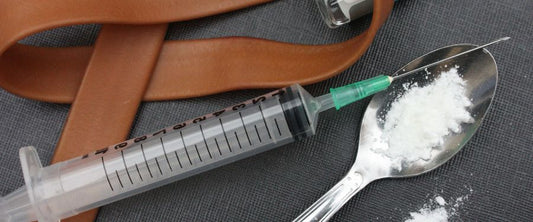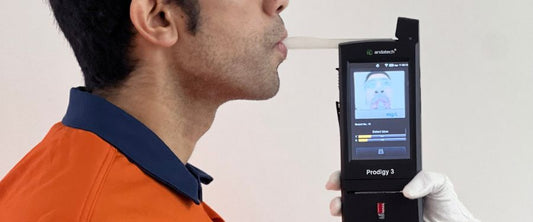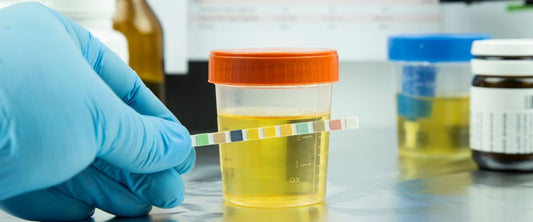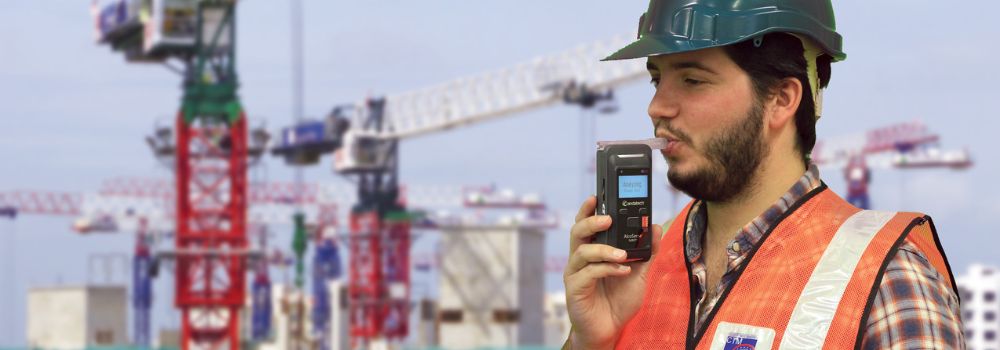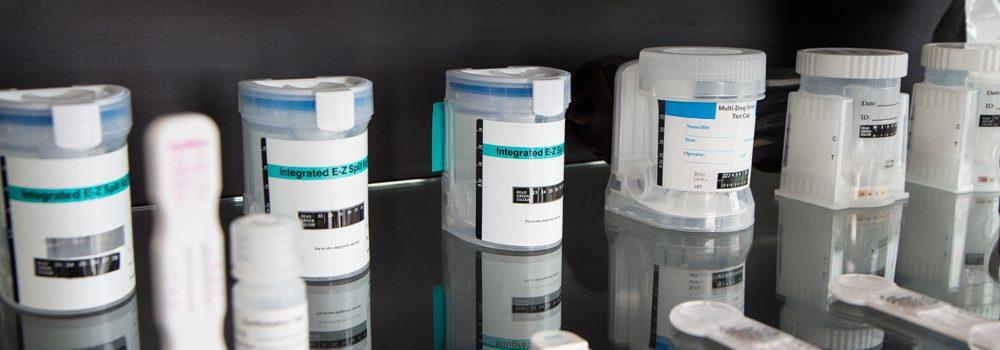Malaysia is facing a critical drug crisis, with a staggering 703,857 drug addicts recorded nationwide. Johor leads among the states, highlighting the widespread nature of substance abuse in the country.
This alarming statistic derived from the National Anti-Drug Agency underscores the urgent need for intervention, not just through law enforcement but also via early detection and support-driven solutions.
One of the most proactive ways to combat this crisis is the implementation of drug testing kits in workplaces, educational institutions, and rehabilitation centers.
These tools serve as a first step in identifying substance use, offering timely assistance, and prioritizing rehabilitation over punishment.
Understanding the scope of the problem
The increasing number of drug users in Malaysia reflects deeper societal issues, including economic struggles, mental health challenges, and easy access to illicit substances.
While enforcement plays a role in addressing drug abuse, early detection is key to preventing addiction from worsening and ensuring affected individuals receive the support they need.
Drug addict statistics by state
A breakdown of the recorded number of drug addicts are as below:
- Johor – 78,363 cases
- Selangor – 72,109 cases
- Kelantan – 71,230 cases
- Kedah – 68,778 cases
- Terengganu – 61,297 cases
- Pahang – 59,716 cases
- Perak – 56,468 cases
- Penang – 47,118 cases
- Sarawak – 40,396 cases
- Sabah – 37,868 cases
- Federal Territory of Kuala Lumpur – 33,875 cases
- Negri Sembilan – 32,994 cases
- Melaka – 28,281 cases
- Perlis – 11,188 cases
- Federal Territory of Labuan – 2,302 cases
- Putrajaya – 1,874 cases
The importance of early detection
Identifying drug use at an early stage can make a significant difference in helping individuals recover and reintegrate into society. Regular drug testing helps:
- Prevent addiction from escalating, reducing long-term health risks.
- Enable timely intervention, offering access to rehabilitation programs.
- Create safer environments in workplaces and educational institutions.
- Encourage rehabilitation over punishment, fostering a more supportive approach to tackling drug addiction.
Implementing drug testing in key areas
1. Workplaces
Substance abuse in the workplace can lead to safety hazards, decreased productivity, and increased absenteeism. Industries that involve high-risk environments, such as construction, manufacturing, and transportation, must prioritize regular drug and alcohol screening to ensure the safety of all employees.
How drug testing kits can help:
- Ensure employees are fit for duty, reducing workplace accidents.
- Detect substance abuse early, allowing for intervention rather than termination.
- Create a drug-free workplace culture, supporting employees in making healthier choices.
2. Educational Institutions
Young people are particularly vulnerable to drug use, making schools, colleges, and universities crucial locations for prevention and intervention.
Why drug testing in schools is necessary:
- Helps identify at-risk students before addiction escalates.
- Encourages a culture of accountability and awareness.
- Connects students to counseling and rehabilitation services instead of punitive measures.
3. Rehabilitation Centers
For individuals already struggling with substance abuse, rehabilitation centers play a key role in recovery. Regular testing helps monitor progress and ensures treatment plans remain effective.
The role of drug testing in rehabilitation:
- Tracks an individual’s progress in recovery programs.
- Encourages personal responsibility and commitment to sobriety.
- Provides reliable data to adjust treatment approaches when necessary.
Choosing the right drug testing kits
Employers, educators, and rehabilitation professionals must choose testing kits that are accurate, easy to use, and capable of detecting multiple substances. Key factors to consider include:
- Type of test: Urine or saliva drug testing.
- Substances detected: Ability to identify commonly abused drugs.
- Accuracy and reliability: Ensuring results are trustworthy and actionable.
Beyond detection: Providing support over punishment
A support-first approach to drug testing is crucial in effectively addressing addiction. Punitive measures alone do not solve the root causes of substance abuse. Instead, employers and educators should:
- Offer counseling and rehabilitation support to individuals who test positive.
- Create policies that focus on intervention rather than immediate dismissal or expulsion.
- Collaborate with healthcare professionals and support groups to provide necessary assistance.
LEARN MORE: How to implement drug and alcohol testing in Malaysian workplaces
Taking action against Malaysia’s drug epidemic
The rising number of drug users in Malaysia is a wake-up call for organizations, institutions, and policymakers to implement effective, compassionate drug testing programs.
Rather than focusing solely on punishment, early detection and rehabilitation efforts can help break the cycle of addiction.
Contact Andatech Malaysia today to explore reliable drug testing solutions and take a step towards creating a safer, healthier, and more supportive community.
Disclaimer: The information provided in this article is for general reference only. Please seek advice from professionals according to your business’s needs.
Written by Andatech Malaysia


